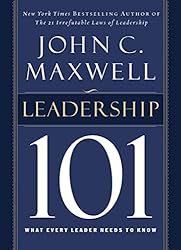John Milton (9 December 1608 – 8 November 1674) was an English poet and intellectual, who served as a civil servant for the Commonwealth of England under its Council of State and later under Oliver Cromwell. He wrote at a time of religious flux and political upheaval, and is best known for his epic poem Paradise Lost (1667), written in blank verse, widely considered to be one of the greatest works of literature ever written.
Writing in English, Latin, Greek, and Italian, he achieved international renown within his lifetime, and his celebrated Areopagitica (1644), written in condemnation of pre-publication censorship, is among history’s most influential and impassioned defences of freedom of speech and freedom of the press. His desire for freedom extended into his style: he introduced new words (coined from Latin) to the English language, and was the first modern writer to employ unrhymed verse outside of the theatre or translations.
William Hayley’s 1796 biography called him the “greatest English author”,[1] and he remains generally regarded “as one of the preeminent writers in the English language”,[2] though critical reception has oscillated in the centuries since his death (often on account of his republicanism). Samuel Johnson praised Paradise Lost as “a poem which…with respect to design may claim the first place, and with respect to performance, the second, among the productions of the human mind”, though he (a Tory and recipient of royal patronage) described Milton’s politics as those of an “acrimonious and surly republican”.[3] Poets such as William Blake, William Wordsworth and Thomas Hardy revered him.
Milton’s poetry was slow to see the light of day, at least under his name. His first published poem was “On Shakespeare” (1630), anonymously included in the Second Folio edition of William Shakespeare’s plays in 1632. An annoted copy of the First Folio has been suggested to contain marginal notes by Milton.[50] Milton collected his work in 1645 Poems in the midst of the excitement attending the possibility of establishing a new English government. The anonymous edition of Comus was published in 1637, and the publication of Lycidas in 1638 in Justa Edouardo King Naufrago was signed J. M. Otherwise. The 1645 collection was the only poetry of his to see print until Paradise Lost appeared in 1667.


















